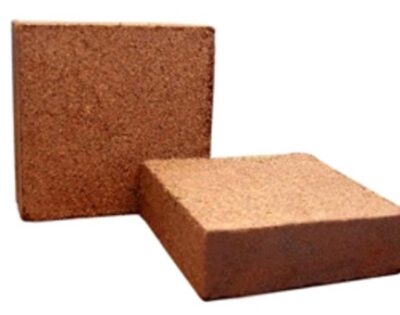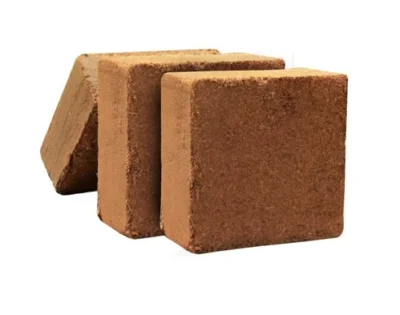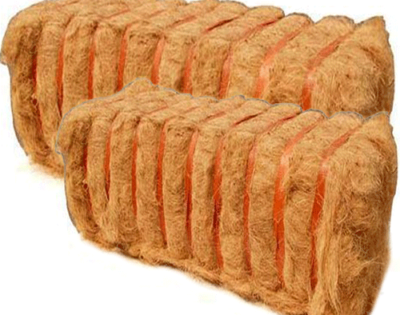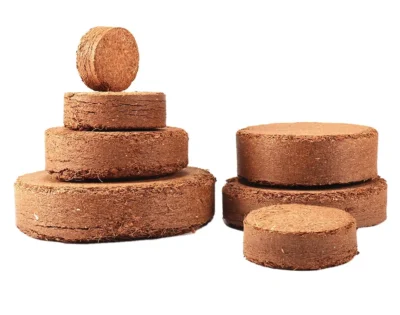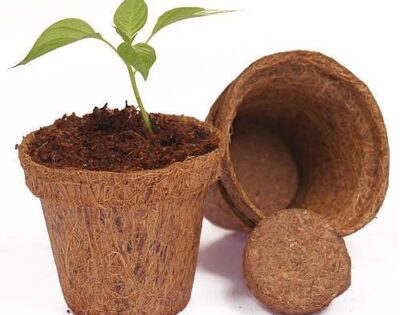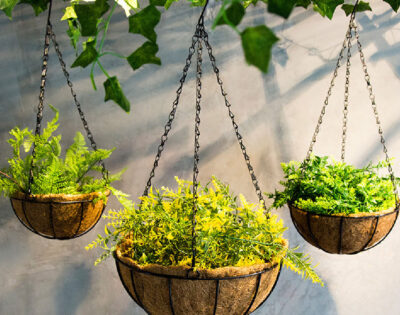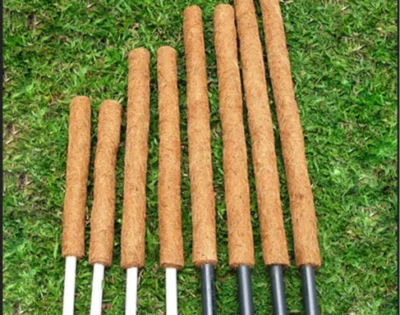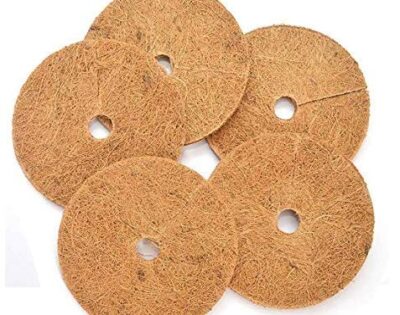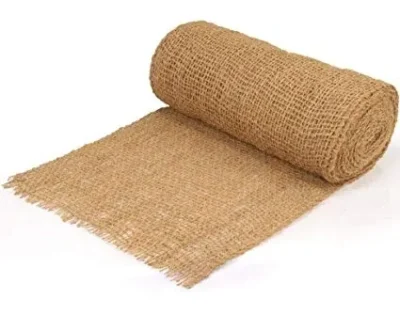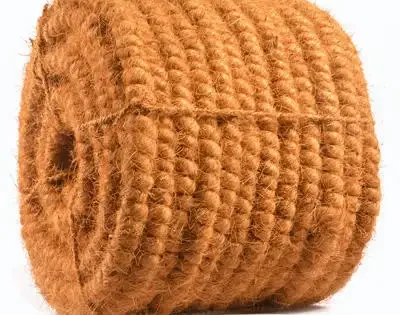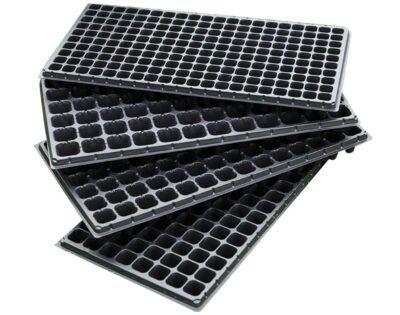Coir Dust in Australia
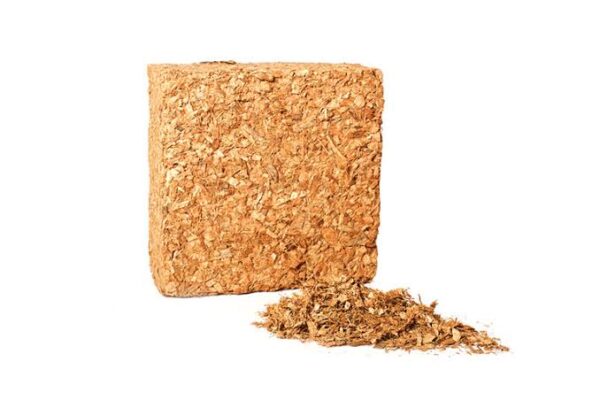
Kopeat Exports is a renowned company based in Australia that specializes in the export of high-quality coir pith products. With a strong commitment to sustainability and excellence, we have established ourselves as a trusted name in the coir industry. Our dedication to providing eco-friendly solutions and our passion for customer satisfaction sets us apart from the competition.
Coir pith, also known as coco peat or coir dust, is a versatile and environmentally friendly growing medium made from the fibrous husks of coconuts. It is widely recognized as a sustainable alternative to traditional peat moss due to its abundance, renewability, and excellent water retention properties. As a company, we recognize the importance of promoting sustainable practices and offer Coir Dust in Australia as a natural, organic, and renewable resource to meet the growing demand for eco-friendly gardening and horticultural products.At Kopeat Exports, we take pride in our commitment to quality. Our Coir Dust in Australia products undergo rigorous quality control measures to ensure that only the best reaches our customers.
OUR PRODUCTS
FAQ
Is coir dust organic?
Since coir is organic and sterile, it’s an excellent choice for starting seeds. Coconut coir is also used as a soil amendment. It improves the air porosity of soils, even when wet, and aids in moisture retention. Coconut coir absorbs 30 percent more water than peat and is much easier to re-wet when dry.
Is coir non toxic?
Generally, coir is used in the middle and upper layers of mattresses to provide support or responsive softness by adding more or less density of material. Those that are allergic or sensitive to foam, may find that this all-natural, non-toxic material is a good addition.
Is coir acid or alkaline?
With a pH of approximately 5.8 – 6.8, coco coir is slightly alkaline, meaning no extra products are required to neutralise the soil.
What is the lifespan of coir?
Coir decomposes slowly over time due to its more than 45 percent woody lignin composition. Though the resiliency of coir is impressive, it varies depending on age and form, generally lasting to four years.

